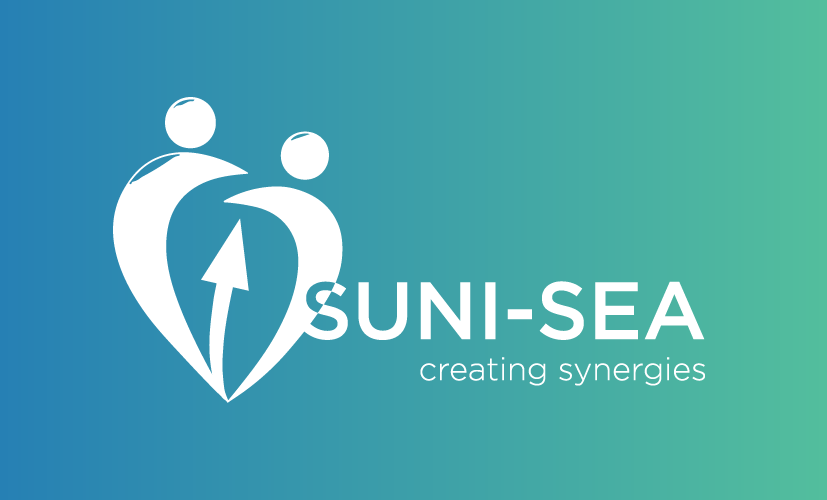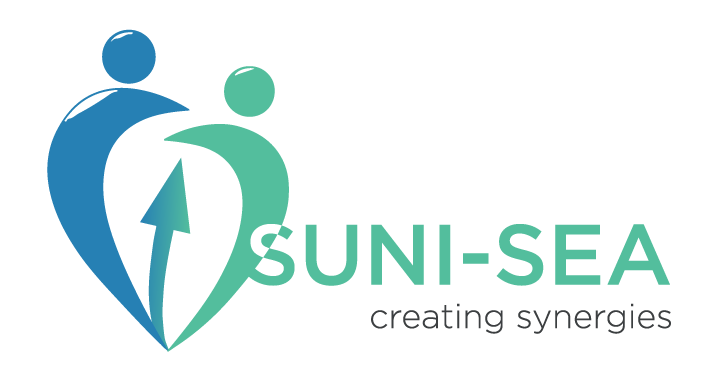During the recent 14th European Public Health Conference, held during 10–12 November 2021, the SUNI-SEA project consortium members jointly facilitated a skill-building seminar titled, ‘Community Based NCDs Prevention and Control: What Can we Learn from Research in South- East Asia?’ The virtual workshop provided an excellent opportunity for consortium members to highlight their work, share their experiences and discuss the preliminary outcomes of their action research activities.
Dr Vitri Widyaningsih, Professor at the Faculty of Medicine, Sebelas Maret University, Indonesia and Zinzi Pardoel, PhD Candidate, University Medical Center Groningen, Netherlands, gave a presentation on, ‘Culturally Sensitive Community Capacity Building for Prevention and Control of NCDs’. The presentation described the process of the development of a guideline for addressing cultural and contextual aspects that influence community-based health interventions. With the guideline it is possible to adapt (international) training materials to local conditions, and make them more fit for use.
The research team’s second presentation, titled ‘Strengthening Intergenerational Self-help Clubs in Myanmar and Vietnam for Health and Wellbeing,’ was presented by Dr Jaap Koot, Project Coordinator, University Medical Center, Groningen, Netherland. The presentation provided insights into the intergenerational solidarity clubs model in Vietnam, and emphasised that integration of health within existing community based cultural and economic activities, can enhance health and wellbeing among community members. Empowerment of community members is very relevant for enhancing awareness concerning non-communicable diseases. Here is where adaptation of empowerment strategies to local context comes in again to fit with the local culture and beliefs.
The team’s final presentation during the seminar was on ‘Patient Journey as a Tool for Measuring Effectiveness and Cost-effectiveness of Community Health Interventions’, by Claire Stein, Public Health Researcher, HelpAge International, and Dr Jurgen van der Schans, Postdoc Researcher, University of Groningen. The two researchers discussed the ‘Patient Journey’ model and concluded that fitting the provision of health care services to align with the local demands will enhance efficiency and cost-effectiveness of health care, increase impact of health interventions, and provide sustainability of health care services in the country. The creating synergies approach between communities and primary healthcare, as implemented in SUNI-SEA, is an example where demands are being guided in the prevention and control of non-communicable diseases.
After the presentations there was a panel discussion, in which the issue of local conditions for better prevention and care were discussed. In Western countries, there is much more individualism. This makes it more difficult to mobilise community self-help groups. In Myanmar, at this moment, community mobilisation is politically difficult too, as it is in many other countries in the world. Mutual trust between community groups and primary healthcare providers is very important to achieve better results.
The workshop was attended by more than 30 participants, who participated in the discussion through the chat function of the conference virtual platform.




